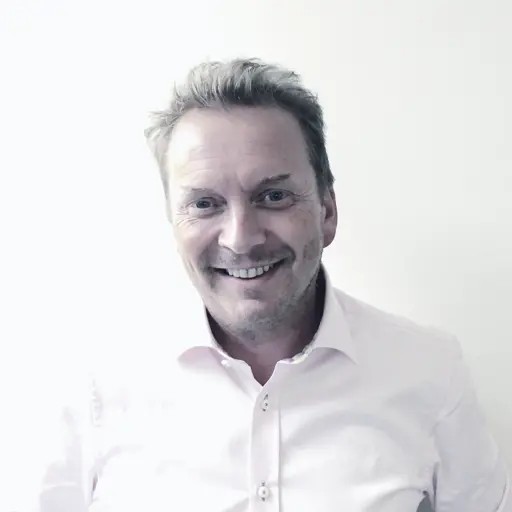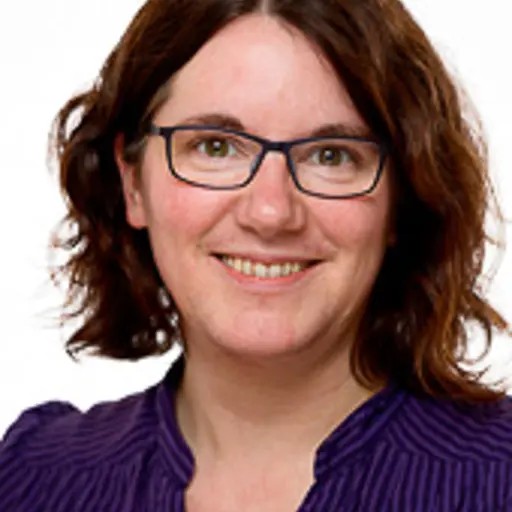









A new open research infrastructure for additive manufacturing has been inaugurated at Chalmers University of Technology. AM@Chalmers and the WISE Additive node give researchers and industry access to advanced metal and multi-material 3D printing technologies, paving the way for more sustainable and resource-efficient production.
“Additive manufacturing is evolving rapidly and is already making a significant impact in industries like aerospace, biomedical, and energy. With this new infrastructure, both researchers and industry gain access to the full spectrum of powder-based metal and multi-material additive manufacturing technologies,” says Eduard Hryha, director of AM@Chalmers and CAM2, Centre for Additive Manufacture – Metal.
A platform for research, education and innovation
Additive manufacturing, also known as industrial 3D printing, builds components layer by layer, enabling lightweight, complex and multifunctional parts that are difficult or impossible to achieve with conventional methods. Despite its possibilities, broader industrial adoption has been limited due to restricted access to the technology.
Árni Halldórsson, director of Production Area of Advance at Chalmers University of Technology, highlights the strategic value of the new infrastructure.
“AM@Chalmers provides a strong platform to build critical mass and research depth to take a lead in the field of additive manufacturing. The potential goes beyond material efficiency and improved manufacturing operations. At the user or customer end, additive manufacturing will strengthen flexibility and responsiveness to deliver customized products in times of crisis and instability, such as operational environments with low predictability of market demand.”
Part of a national effort through WISE Additive
The new infrastructure also hosts the Chalmers WISE Additive node, one of three national nodes in additive manufacturing research, alongside Uppsala University and Linköping University. The initiative is funded by the Wallenberg Initiative Materials Science for Sustainability (WISE).
Cecilia Persson, scientific director of WISE Additive, Uppsala University, emphasizes the advantages of the joint effort.
“This collaboration across several universities facilitates external access to research infrastructure in an efficient way, which we hope will lead to additive manufacturing enabling more sustainable materials science.”
Maria Abrahamsson, WISE coordinator at Chalmers University of Technology, highlights the national significance.
“We are very happy that WISE is able to provide researchers from all over Sweden access to this state-of-the-art infrastructure, at Chalmers as well as at the other nodes. I believe this to be an impactful investment that can really make us take big steps toward more sustainable production.”
Concrete impact for research and industry
The platform allows researchers and industry to explore novel material combinations and microstructures with the potential to outperform existing materials, opening up new applications across a wide range of industries.
“Sweden already has a strong footprint in additive manufacturing and is a recognized leader in metal powder production. But we’ve only scratched the surface of what’s possible. This infrastructure aims to provide a breeding ground for future innovation and help accelerate the development and industrial implementation," says Eduard Hryha.

Additive Manufacturing at Chalmers
Learn more about the new infrastructure and how to get access.
- Full Professor, Materials and Manufacture, Industrial and Materials Science
- Styrkeområdesledare, Supply and Operations Management, Technology Management and Economics
- Head of Unit, Chemistry and Biochemistry, Chemistry and Chemical Engineering


